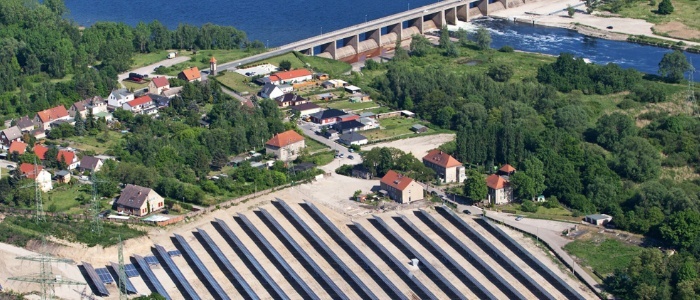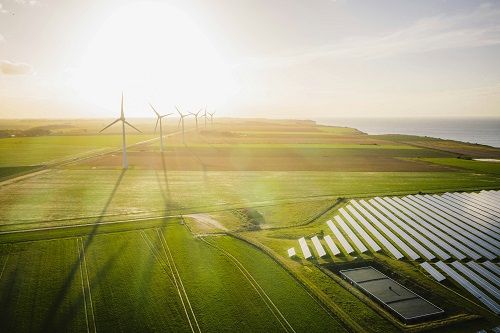The energy infrastructure investment fund anchored in the 2025 coalition agreement could become a powerful driver for the German energy transition. It is expected to mobilise billions of euros and cushion private investment risks. “We now need to pay close attention to the specific design of the fund - and ensure that no unnecessary bureaucratic hurdles are created“, explains Patrick Lemcke-Braselmann, Co-CEO of aream Group SE.
The investment fund is part of a broader special infrastructure initiative, which allocates 500 billion euros over twelve years to support not only energy, but also transport, digitalisation, and social infrastructure. The German government wants to use it to accelerate the transformation of the energy system. The investment fund is based on a combination of public guarantees and private capital: at least ten billion euros will come from federal sources, with the goal of reaching a total volume of at least 100 billion euros by leveraging private capital. “This approach“, explains Lemcke-Braselmann, “has often proved its worth in recent years. It can significantly reduce the risk for private investors and increase their willingness to participate at an early stage in projects that were previously considered too risky or insufficiently profitable.“ This is often crucial in order to mobilise sufficient capital, especially for infrastructure projects with a long amortisation period.
The investment fund is intended to specifically promote projects that have a systemic impact: the focus is on renewable energies, storage, electricity and heating grids as well as sector coupling. This will not only promote the expansion of green electricity generation, but also the integration and flexibilisation of the overall system. “With this fund, Germany is equipping itself with the right instruments to accelerate the energy transition“, says Lemcke-Braselmann. “And we should aspire to replicate the success seen in other European countries.” Denmark and the Netherlands have already shown how an effective mix of public guarantees and private capital can accelerate the energy transition.
Despite all the positive approaches, several crucial questions remain: How will the funding criteria look like? How quickly and unbureaucratically will the funds actually flow to the projects? “Experience has shown that the success of such funds depends heavily on the specific design and swift execution“, warns Lemcke-Braselmann.
Overall, Lemcke-Braselmann concludes, the investment fund lays the groundwork for large-scale mobilisation of private capital for the energy transition. However, the real challenge begins now: “The specific selection criteria for eligible projects as well as the modalities for awarding support will determine whether the fund can actually deliver on its transformative promise.“
PRESSEKONTAKT:
Leandra Kiebach
T: +49 (0)211 30 20 60 4-2
E: lk@aream.de


